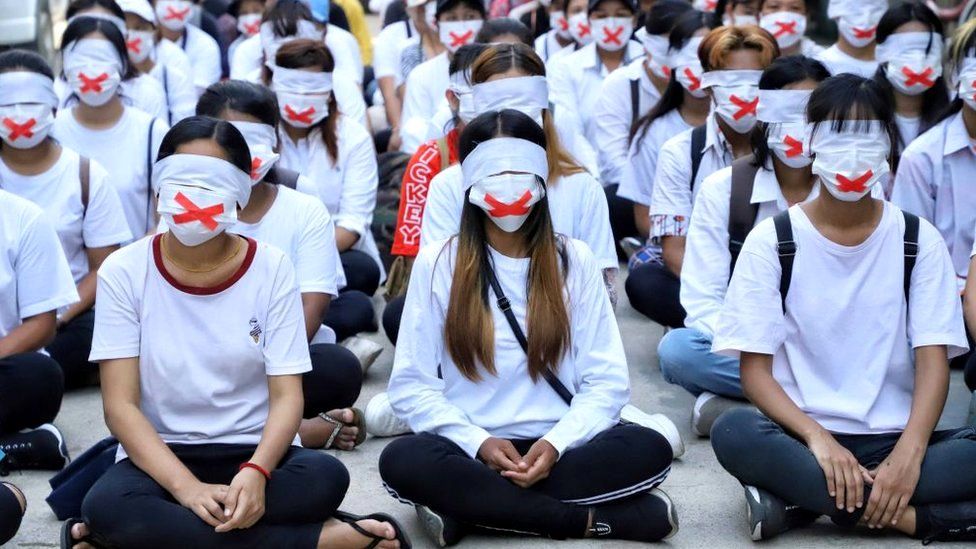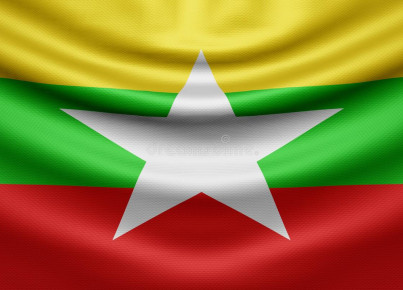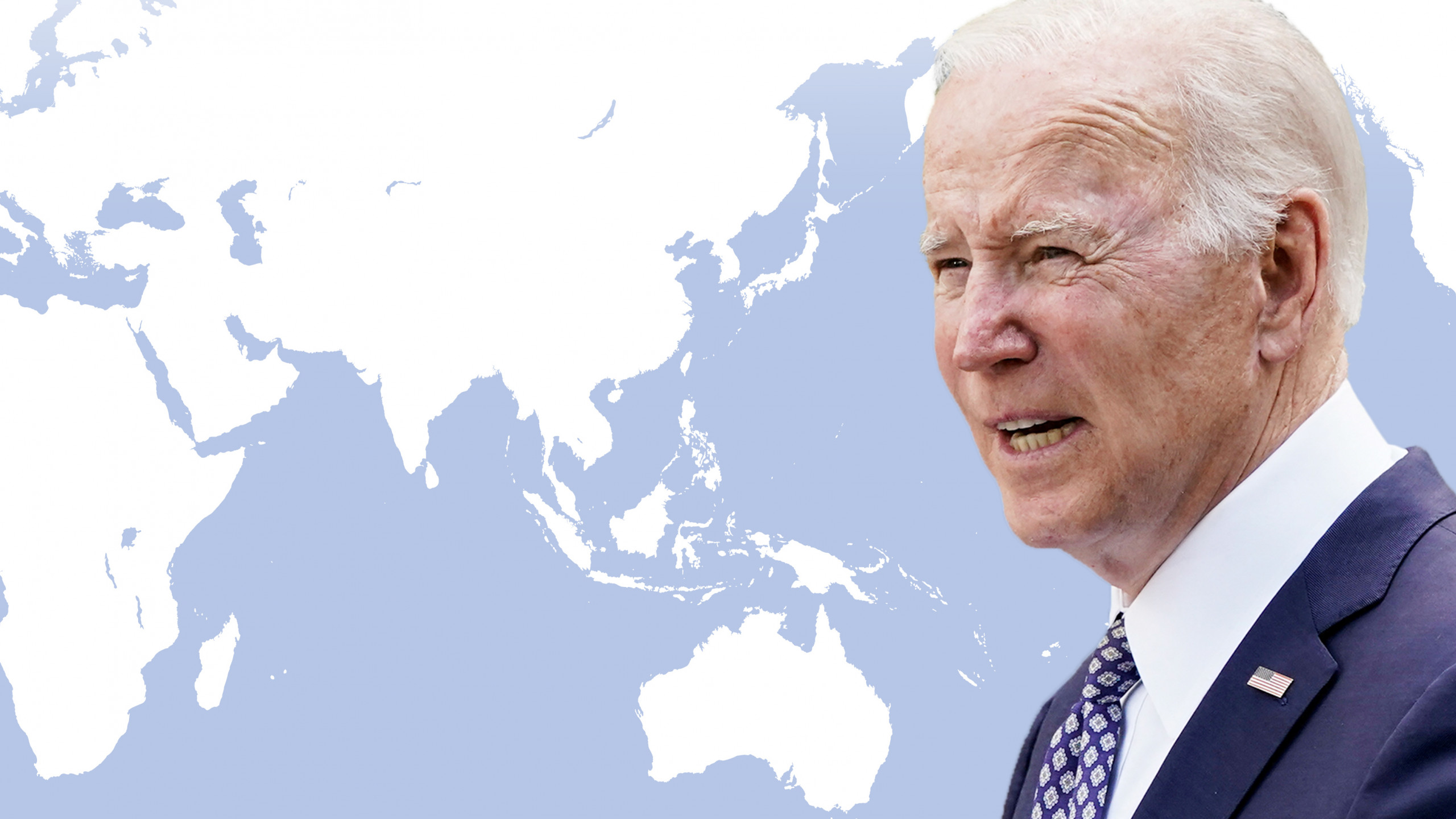The death toll continues to rise and EU and US sanctions are not enough to stop the escalation of violence in Myanmar.
For the past two months Myanmar has been the scene of terrible violence. On February 1st, the armed forces carried out a coup, arresting de facto leader Aung San Suu Kyi and some leaders of the National League for Democracy, the majority government and winner of the the last election in November 2020. Power is now in the hands of General Min Aung Hlaing, while Suu Kyi is accused of fraud and irregularities.
The Assistance Association for Political Prisoners said that since the start of the coup in Myanmar, at least 521 civilians have been killed during the protests, including 141 people only on Saturday 29 March, the most tragic day so far. The situation is getting worse and the use of lethal force against civilians by the army and security forces shows no sign of stopping.
The National Armed Forces Day became another bloodbath with over 100 deaths, including several children. The army continued to crack down on civilians with gunfire, while military parades were held in Naypyidaw to commemorate resistance against Japanese occupation during World War II. The unprecedented violence of the “day of shame” for the Myanmar rmy has in fact triggered various reactions from the international community. Tom Andrews, UN special rapporteur for human rights in Myanmar, called for the urgency of an international summit if the Security Council could not act. As member states, Russia and China could have the right of veto over any proposed intervention aimed at restoring democracy. Both nations featured in the military celebration, along with military representatives from Bangladesh, India, Laos, Pakistan, Thailand and Vietnam; Moscow was the only country which sent the Deputy Minister of Defense. The response of the Defence Chiefs from 12 countries, including Italy, was also timely. They signed a joint declaration condemning the use of lethal force by the Burmese army against unarmed people, urging an end to the attacks and the compliance with international standards of conduct.
In recent weeks heavy disapproval had already arrived from the Western front. On February 10, President Biden announced the imposition of sanctions to prevent Burmese generals from accessing the fund they hold in the United States, including freezing US assets that benefit the Burmese government, while maintaining support for health care and civil society groups. In coordination with the US, on March 22 the EU imposed sanctions on 11 people linked to the coup. The Council of Europe enacted a travel ban and an asset freeze, along with previous restrictions relating to the arms embargo and the export of communications monitoring equipment. EU sanctions hit Burmese junta chief Min Aung Hlain, nine other senior military officers and the head of the electoral commission. This was the most concrete and broadest act of Europe in underlining its unshakable support for the democratic transition in Myanmar. After the horrific violence of the last weekend, the US considered additional measures and ordered the suspension of trade agreements with Myanmar, as well as the withdrawal of non-essential embassy staff. The new actions target the personal assets of Min Aung Hlaing's family, including state-owned enterprises or their subsidiaries, and military-related conglomerates.
In relation to the economic sphere, many analysts believe that Myanmar may be able to face Western economic sanctions, given that most of the investments come from Asia, with Singapore, China and Hong Kong in the lead. However, a significant decline in FDI is expected over the next two years due to social unrest and political uncertainty and the impact of sanctions, but for now the impact on trade and exports may remain modest given the likely amortization from other markets, especially Thailand and China.






